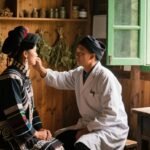Category: Miao Ethnic Medicine
Miao medicine-Pulopu Bi (Edema)
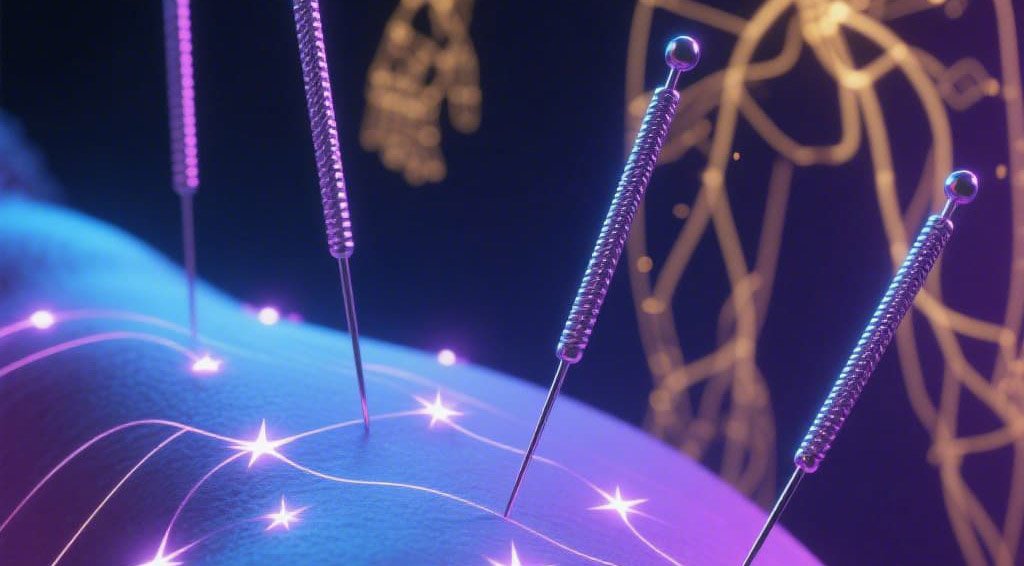
Pulopu Bi (Edema) Overview In Miao medicine, edema is called Pulopu Bi or Pulao. It arises when constitutional weakness or invasion by external pathogens causes water retention in the body. In TCM, edema results from invasion of external pathogens, dietary imbalance, or overwork that disrupts lung’s dissemination and downward function, spleen’s transportation, kidney’s regulation, and…
Miao medicine-Mengchong Dang (Flank Pain)

Mengchong Dang (Flank Pain) Overview In Miao medicine, flank pain is called Mengchong Dang. It arises when constitutional weakness or emotional irritability injures the meridians, or when dietary indiscretion harms the digestive system, leading to internal damp-heat, or when external trauma causes qi stagnation and blood stasis. The result is pain in one or both…
Miao medicine-Woniang Jidongbai (Uterine Tumors and Cancer)

Woniang Jidongbai (Uterine Tumors and Cancer) Overview In Miao medicine, any uterine malignancy is called Woniang Jidongbai. A gelatinous, frog-egg–like mass in the uterus is termed Daiqiuzhengesou (“toad embryo”), also known as Jiyangyin, arising from old physical trauma. In TCM, uterine cancer or tumors are called “uterine accumulations” (zi gong ji) or “masses” (hen). They…
Miao medicine-Qiuna Gabo (Uterine Fibroids)
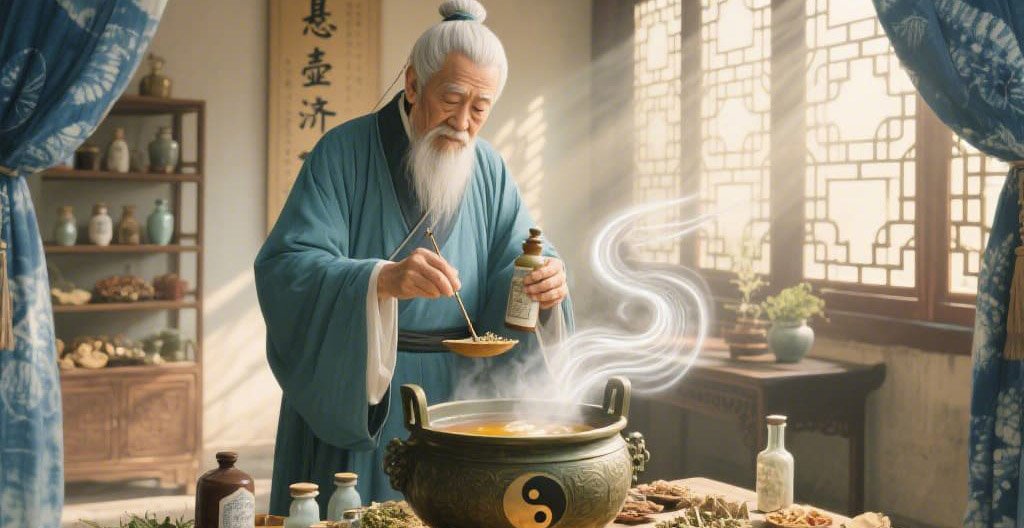
Qiuna Gabo (Uterine Fibroids) Overview In Miao medicine, uterine fibroids are called Qiuna Gabo. This condition arises when a woman’s constitution is weak and she is exposed to external pathogens, or when emotional distress leads to qi deficiency or stagnation. Blood circulation slows, pathological masses form over time, and accumulate in the uterus as palpable…
Miao medicine-Yangdai Taxiangfa (Postpartum Blood Deficiency)
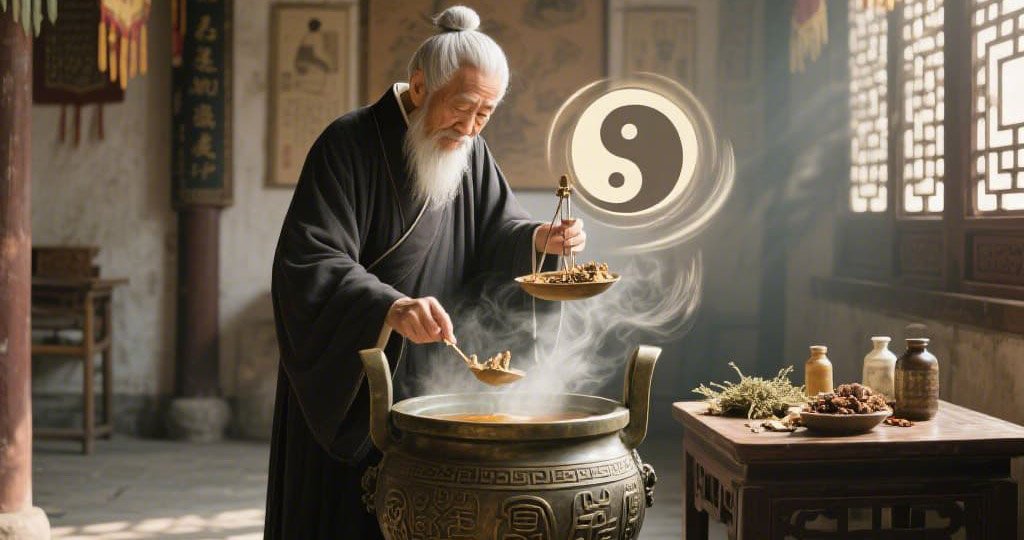
Yangdai Taxiangfa (Postpartum Blood Deficiency) Overview In Miao medicine, postpartum blood deficiency is called Yangdai Taxiangfa (also Yangdai Jiangbinwo). It describes the depletion syndrome arising from excessive blood loss during delivery or postpartum. In TCM, postpartum blood deficiency occurs when heavy bleeding at birth or a weak postnatal spleen and stomach fail to generate sufficient…
Miao medicine-Qiuna Mengqu (Postpartum Abdominal Pain)

Qiuna Mengqu (Postpartum Abdominal Pain) Overview In Miao medicine, postpartum abdominal pain is called Qiuna Mengqu. It occurs when postpartum qi–blood deficiency or poor hygiene leads to intermittent lower abdominal pain. In TCM, postpartum abdominal pain arises from qi–blood deficiency, blood stasis, or cold congealing in the uterine region, causing poor nourishment of the womb…
Miao medicine-Yangdai Jiangkai Ji (Postpartum Fever)
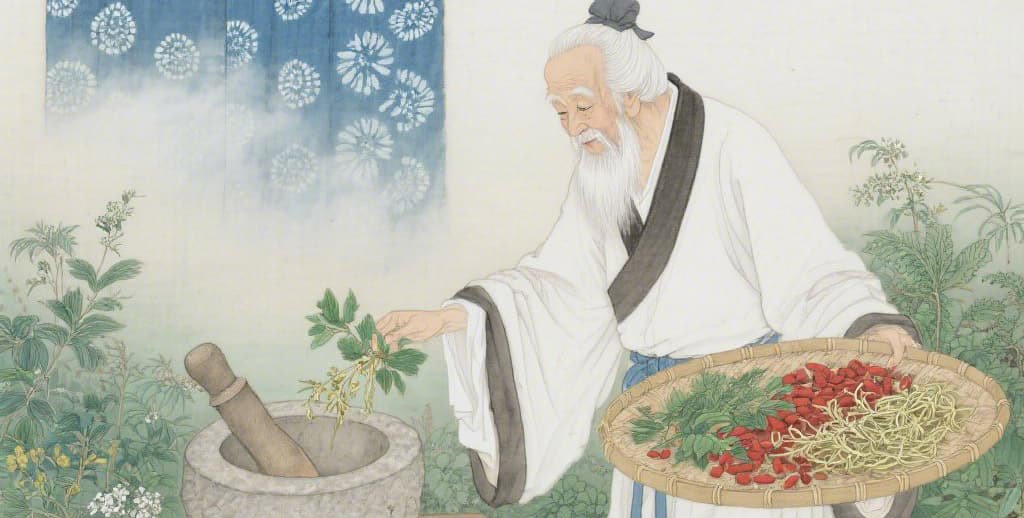
Yangdai Jiangkai Ji (Postpartum Fever) Overview In Miao medicine, postpartum fever is called Yangdai Jiangkai Ji. It refers to fever after childbirth caused by inadvertent invasion of wind–cold pathogens or other factors. In Traditional Chinese Medicine, postpartum fever arises during lactation when a mother’s qi and blood are deficient, defensive and nutritive energies are unbalanced,…
Miao medicine-Qiuna Aluo (Persistent Postpartum Lochia)
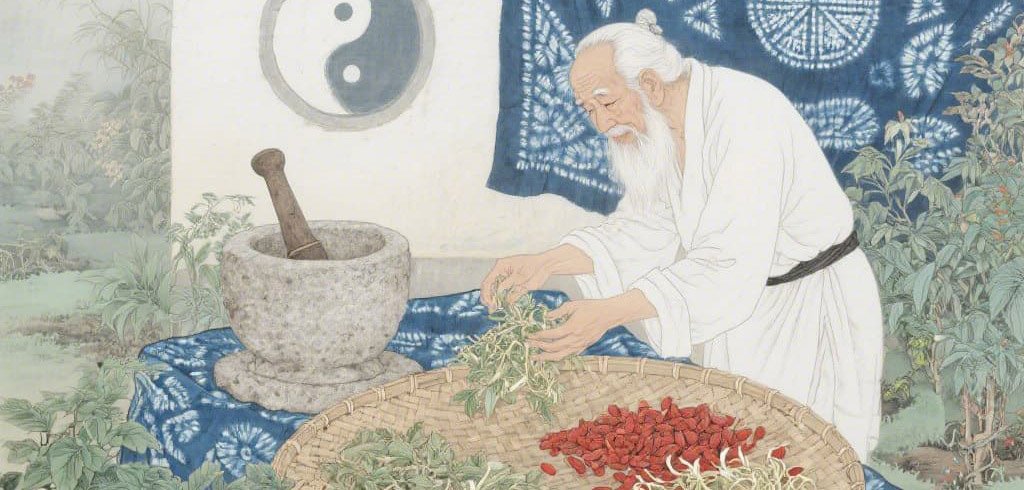
Qiuna Aluo (Persistent Postpartum Lochia) Overview In Miao medicine, continuous postpartum lochia is called Qiuna Aluo. It arises when a woman’s constitution is weak and cold pathogens invade, causing lochia to continue unabated or trickle slowly. In TCM, persistent lochia (chanhou elu buzhi or elu bujin) describes weak mothers or those who encounter heat or…
Miao medicine-Alowu (Postpartum Insufficient Lactation)
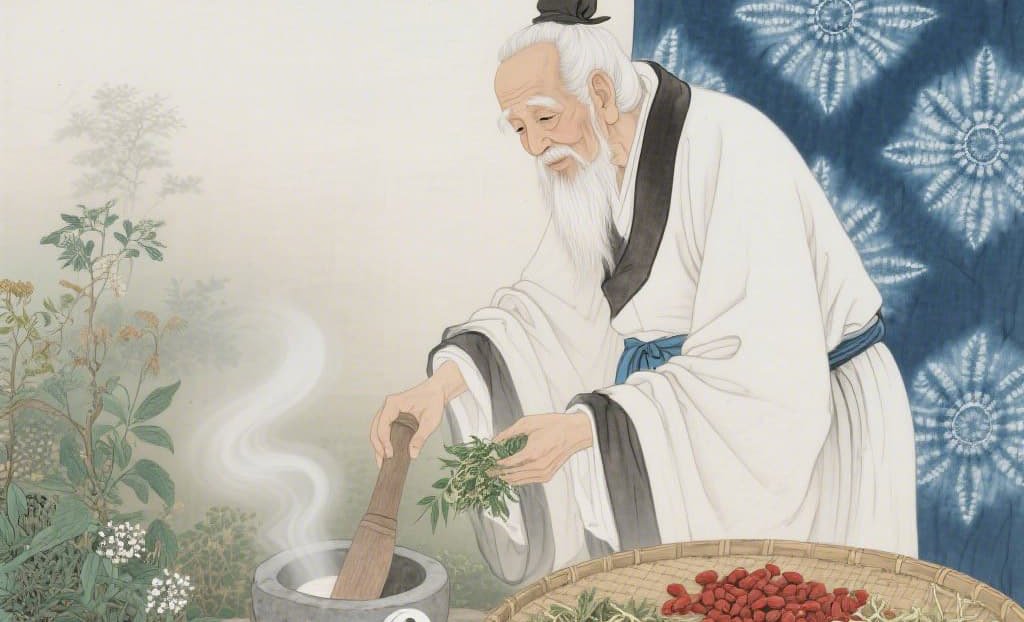
Alowu (Postpartum Insufficient Lactation) Overview In Miao medicine, postpartum lack of milk is called Alowu (or Mai Alowo). This condition arises when the mother’s constitution is weak and qi-blood deficient—whether due to illness before delivery, excessive exertion, emotional distress, or poor diet—so that after giving birth she produces little or no breast milk. Miao practitioners…
Miao medicine-Baidai Xini (Miscarriage)
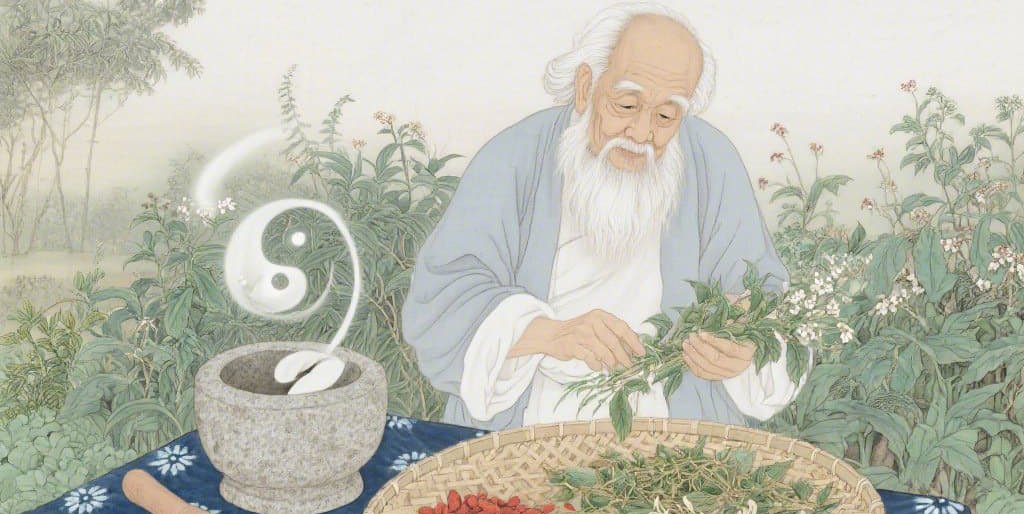
Baidai Xini (Miscarriage) OverviewIn Miao medicine, miscarriage is known as Baidai Xini. Baidai Xini is often caused by congenital deficiencies, physical weakness, excessive sexual activity, or contaminated food. The pathogenic mechanism mainly involves insufficient congenital kidney qi or damage caused by irregular sexual activities, leading to impairment of the Chong and Ren meridians, resulting in…
